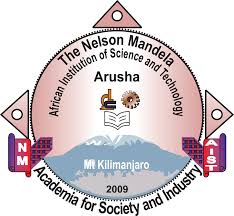Was ist AuReLiA?
AuReLiA (Augmented Reality Learning Authoring) ist das Labor, das Entwicklung von Augmented Reality Authoring kombiniert mit Lernen und Open Source Software, der Entwicklung von barrierefreien, offenen Lernressourcen (OER), mit optimaler UX (user experience) für einen Zugang zum Lernen für Alle.
Derzeit haben wir 3 Hauptaktivitäten:
- Aufbau der Living Lab Infrastruktur, als Angebot offen für alle Interessierten in und um die DHBW Heidenheim, sobald Präsenz wieder möglich ist.
- Unser erstes PhD Forschungsprojekt, das im Januar 2021 gestartet ist.
- Einbindung von Bachelor- und Masterstudierenden durch
- Themen für die Bachelor- und Masterarbeiten und studentische Projekte
- forschendes Lernen und Lehren
- Behandlung der Laborthemen als Vorlesungsgegenstand im Kontext neuer Kommunikationswerkzeuge
What is AuReLiA?
AuReLiA (Augmented Reality Learning Authoring) is the lab, combining development of augmented reality authoring with learning and open source software, researching open educational resources with great UX (user experience) and acessibility, enabling learning for all.
Currently there are 3 main activities:
- Setting up a living lab infrastructure available and open for all interested people (students, industry partners, partner universities)
- PhD research
- Involving Bachelor and Master student activities through
- theses topics and student research projects
- research-based learning
- using topics of the lab to explore new communication tools
Das Labor
Das Labor ist eine Einrichtung der DHBW Heidenheim und der DHBW Stuttgart. Wir freuen uns über die Zusammenarbeit mit unseren Dualen Partnern, Partneruniversitäten oder Einzelpersonen, die an einer Zusammenarbeit interessiert sind.
AR Learning Authoring ist eine treibende Kraft im digitalen und kooperativen Lernen, der Internationalisierung und dem Wissenstransfer über Grenzen hinweg.
The Lab
The lab is hosted by DHBW Heidenheim and a collaboration with DHBW Stuttgart. We welcome our business partners, partner universities, or individuals who are interested in joining the lab.
AR learning authoring moves forward digital and cooperative learning, internationalisation and transfer of knowledge across borders.
We are interested in working with the DHBW industry and organisational partners, our partner universities and colleagues within DHBW.
Poster of AuReLiA
Ongoing Activities
Developing Accessibility Features in MirageXR
We have partnered with WEKIT ECS to improve MirageXR's accessibility. MirageXR is a collaborative XR training system that enables efficient teaching of procedural tasks through holographic authoring and replaying, incorporating virtual elements such as images, audio, and 3D models. Educators can create step-by-step learning experiences in physical spaces, enhancing each step with virtual elements to optimize student learning. Our task in this open-source authoring tool is to develop accessibility features of various augmentations such as image, video, and audio augmentation. Read more in the MirageXR Github Page.
Developing an Accessible Augmented Reality Tool for Internal Navigation
As part of his MSc Project, Frank Samson developed a tool to address the challenges faced by students, staff, visitors, and particularly those with visual impairments in navigating complex indoor environments like universities. The tool was designed to run on smartphones and include a web-based portal for staff to update their availability status. The case studies from which requirements were collected and implemented are DHBW Heidenheim and NM-AIST Arusha, Tanzania. The tool is now implemented on the 6th Floor of the Marienstraße 20 Building in DHBW Heidenheim. Plans are underway to expand it to other floors and other buildings.
Augmented Reality Chemistry Lab
The AR Chemistry Lab project aims to tackle the resource challenges that many developing countries face in teaching STEM courses. The project involves creating an accessible AR Chemistry lab that enables students to perform various chemistry experiments virtually using AR technology. The project was tested in one secondary school in Tanzania. We are now improving the tool to make it more scalable for users to add new chemistry experiments.
Developing Accessibility Features in MirageXR
We have partnered with WEKIT ECS to improve MirageXR's accessibility. MirageXR is a collaborative XR training system that enables efficient teaching of procedural tasks through holographic authoring and replaying, incorporating virtual elements such as images, audio, and 3D models. Educators can create step-by-step learning experiences in physical spaces, enhancing each step with virtual elements to optimize student learning. Our task in this open-source authoring tool is to develop accessibility features of various augmentations such as image, video, and audio augmentation. Read more in the MirageXR Github Page.
Developing an Accessible Augmented Reality Tool for Internal Navigation
As part of his MSc Project, Frank Samson developed a tool to address the challenges faced by students, staff, visitors, and particularly those with visual impairments in navigating complex indoor environments like universities. The tool was designed to run on smartphones and include a web-based portal for staff to update their availability status. The case studies from which requirements were collected and implemented are DHBW Heidenheim and NM-AIST Arusha, Tanzania. The tool is now implemented on the 6th Floor of the Marienstraße 20 Building in DHBW Heidenheim. Plans are underway to expand it to other floors and other buildings.
Augmented Reality Chemistry Lab
The AR Chemistry Lab project aims to tackle the resource challenges that many developing countries face in teaching STEM courses. The project involves creating an accessible AR Chemistry lab that enables students to perform various chemistry experiments virtually using AR technology. The project was tested in one secondary school in Tanzania. We are now improving the tool to make it more scalable for users to add new chemistry experiments.
AuReLiA in the BlickBox
Sie möchten Einblicke in Augmented und Virtual Reality oder den Aktivitäten des Labors AuReLiA erhalten? Dann kommen Sie vorbei und treffen die Labormitglieder!
Vom 10.Okt. – 10.Nov.2022 wird das Labor in der BlickBox an der DHBW Heidenheim ausgestellt. Hier haben Sie die Möglichkeit sowohl Gerätschaften auszuprobieren, als auch deren vielseitigen Einsatzmöglichkeiten zu diskutieren. Für diesen Zeitraum bieten wir ein vielseitiges Programm an, wodurch wir täglich verschiedene Themenschwerpunkte setzen. Das Programm finden Sie untenstehend mit weiteren Informationen.
Kommen Sie gerne in dieser Zeit in der BlickBox vorbei. Gerne können Sie einen Termin über den untenstehenden Link buchen, wenn Sie einen Ansprechpartner vor Ort und die Verwendung des Equipments zugesichert haben möchten. Falls Sie vorab Fragen haben sollten, nutzen Sie gerne das Kontaktformular auf dieser Website. Wir melden uns umgehend bei Ihnen.
Wir freuen uns auf Ihrem Besuch von AuReLiA in the BlickBox!
You want to know more about Augmented and Virtual Reality or the about the activities of the lab AuReLiA? Do come by and meet the lab members!
In the time of 10.Oct. – 10.Nov. 2022 the lab is exhibited in the BlickBox at DHBW Heidenheim. Here, you have the chance to try out the equipment as well as to discuss the various application scenarios. During these weeks, we offer a varied programme, which defines daily focus areas. You will find the programme further down with additional information.
Feel free to stop by at anytime in our BlickBox. You can book an appointment via the link below, if you would like to have ensured to see a contact person and use the equipment. In case you do have questions beforehand, please use the contact form on this website. We will get in touch with you soon!
We are looking forward for your visit of AuReLiA in the BlickBox!
Here you will get an overview about Virtual Reality (VR) and will experience the virtual world by using a VR headset, namely HTC Vive Pro Eye. You can dive into different scenaries and will explore the immersion and navigation.
Hier erhalten Sie einen Überblick zu Virtual Reality (VR) und können die virtuelle Welt durch ein VR-Headset (HTC Vive Pro Eye) erleben. Sie können in verschiedene Szenarien eintauchen und die Immersion sowie Navigation erleben.
As being fully immersed in a Virtual Reality, a physical interaction with digital objects is of interest. This is realized by special gloves. In this session you can use such gloves and interact with digital objects in the VR.
In Virtual Reality besteht eine vollständige Immersion, in welcher eine physische Interaktion mit digitalen Objekten von Interesse ist. Hierfür gibt es bestimmte Datenhandschuhe. In dieser Session können solche Handschuhe ausprobieren und mit Objekten in der VR interagieren.
Here, you will get an overview about the concept of Augmented Reality (AR). Additionally, you will explore the real world with superimposed objects in various applications on the Microsoft HoloLens.
Hier bekommen Sie einen Überblick zu Augmented Reality (AR). Zusätzlich erleben Sie wie die reale Welt durch digitale Objekte erweitert werden kann und welche Anwendungsbereiche es hierfür gibt. Dies wird durch die Microsoft HoloLens erlebbar.
Within an AR lecture, IT students in the 6th semester developed various AR applications in the context of DHBW and education in general. Here, these applications will be introduced and can be tested.
Im Rahmen einer AR-Vorlesung haben Informatikstudierende des 6. Semesters verschiedene AR-Anwendungen entwickelt, welche im Kontext zur DHBW bzw. Bildung allgemein stehen. In dieser Session werden diese Anwendungen vorgestellt und können getestet werden.
Within this session, we will elaborate the use cases of AR in different teaching scenarios. Feel free to drop by and share your ideas.
In dieser Session werden wir die Anwendungsfelder von AR in verschiedenen Lernszenarien erarbeiten. Kommen Sie gerne vorbei und teilen Ihre Ideen mit uns.
Accessibility as well as User Experience (UX) are crucial aspects to consider when designing an application. This applies also to applications in Augmented Reality. Within this session we will discuss design aspects and equipment which allows to measure an accessible and UX-friendly application.
Barrierefreiheit sowie die User Experience sind bedeutende Aspekte beim Design einer Applikation. Dies trifft auch auf AR-Anwendungen zu. In dieser Session werden wir die Designaspekte sowie verschiedene Gerätschaften besprechen, welche das Messen von barrierefreien und UX-freundlichen Anwendungen ermöglichen.
In this session we will demonstrate the development environment and the process of developing an AR application.
In dieser Session werden wir die Entwicklungsumgebung und den Entwicklungsprozess von AR-Anwendungen vorstellen.
We developed a course for Virtual Realities in Moodle which we demonstrate in this session. The course can be accessed afterwards (by DHBW members).
Wir haben einen Moodle-Kurs zu Virtuellen Realitäten entwickelt, welchen wir in dieser Session vorstellen. Dieser Kurs kann anschließend (von DHBW-Studierenden/Mitarbeitenden) verwendet werden.
Either digitally created or scanned, objects can be virtualized and shown in AR / VR applications. As part of the AuReLiA equipment, we use a 3D scanner that allows to scan real objects and embed them in applications. But now it is your turn. Bring your object or person you would like to have virtualized and start scanning.
In AR/VR-Anwendungen werden entweder digital erstellte oder gescannte Objekte angezeigt. Als Teil der Laborausstattung, nutzen wir einen 3D scanner welcher es uns erlaubt, reale Objekte in Anwendungen einzubinden. Aber jetzt sind Sie an der Reihe. Bringen Sie Objekt oder Person mit, welche Sie virtualisiert haben möchten und beginnen Sie zu scannen.
On 10. November it is World Usability Day. According to this we will demonstrate Usability, UX and Accessibility aspects within applications of AR / VR.
Am 10. November ist World Usability Day. Hierzu werden wir Aspekte zur Usability, UX und Barrierefreiheit innerhalb von AR-/VR-Anwendungen vorstellen.
EdCoN - Education Competence Network
In dem State-University-Modell der Dualen Hochschule Baden-Württemberg wurde das Projekt Education Competence Network (EdCoN) initiiert, welches Synergiepotenziale des Modells nutzen soll, um die digitale Transformation der Lehre zu beschleunigen. Im Zentrum stehen zehn Themen, die sich aus der Digitalisierungsstrategie ableiten und auf die Bereiche digitale Theorie-Praxis-Verzahnung, Online-Lehre und digitale Studienorganisation beziehen. An den DHBW-Standorten wird je ein Lehr-Lern-Labor eingerichtet, das themenbezogen innovative Konzepte entwickelt, evaluiert und disseminiert. Die so entstandenen Kompetenzzentren werden im Education Competence Network vernetzt und deren Know-how wird standortübergreifend zur Verfügung gestellt.
An unserem Standort in Heidenheim untersuchen wir den didaktisch sinnvollen Einsatz verschiedener Lerntechnologien in den Bereichen Augmented Reality, Virtual Reality, Mixed Reality und Cross-Reality. Ziel ist hierbei die nutzerspezifische Bereitstellung von Informationen, Lehrangeboten, Diensten und Produkten. Somit werden neue Lerntechnologien in das Portfolio unserer Lehre eingebunden, wofür Dozenten, Mitarbeitende sowie Studierende geschult werden müssen. Des Weiteren sollen die Technologien den Dualen Partnern als Living Lab leicht zugänglich gemacht werden.
Weitere Informationen hierzu, finden Sie auf der EdCoN-Projektwebsite.
In the state-university modell of the Cooperative State University Baden-Wuerttemberg the project Education Competence Network (EdCoN) was initiated, to use synergy potentials of this modell to excellerate the digital transformation of lecturing. The focus is on ten topics, which are derived from the digitization strategy and relate to the areas of theory-practice dovetailing, online lecturing and digital study organization. A teaching-learning lab is established at each DHBW site, which generates, evaluates and distributes topic-related concepts. These resulting competence centeres are networked within the Education Competence Network and their know-how is made available across locations.
At our site in Heidenheim we study the didactically meaningful use of different learning technologies in the area of Augmented Reality, Virtual Reality, Mixed-Reality and Cross-Reality. The goal is to provide information, teaching offers, services and products user-specifically. Consequently, new learning technologies enrich our portfolio in teaching, for what lecturers, employees and students have to be trained. Additionally, the technologies are easily accessible for our industry partners within the approach of a living lab.
Further information about that can be found on the EdCoN project website.
Doktorarbeiten
Doktorand*innen: Deogratias Shidende
TITEL: Accessible Open-Source AR Learning Authoring Platform for Science and Engineering
The project aims at an inclusive and accessible open-source tool that will author Augmented Reality (AR) learning applications. The tool will author AR applications in different disciplines and learning settings such as university classroom and on-the-job training. Users with different levels of accessibility can use this tool to author their applications. The tool will connect to open source Learning Management Systems (LMS) such as Moodle. The project is three years and it started on January 01, 2021.
The project will use open-source strategies and will benefit from existing open-source libraries such as ARToolkit and AR.js to produce its products. Thus, the authoring platform will be available without licencing for use as well as open to further future development by business and university partners alike.
PhD Projects
PhD Researcher: Deogratias Shidende
TITLE: Accessible Open-Source AR Learning Authoring Platform for Science and Engineering
The project aims at an inclusive and accessible open-source tool that will author Augmented Reality (AR) learning applications. The tool will author AR applications in different disciplines and learning settings such as university classroom and on-the-job training. Users with different levels of accessibility can use this tool to author their applications. The tool will connect to open source Learning Management Systems (LMS) such as Moodle. The project is three years and it started on January 01, 2021.
The project will use open-source strategies and will benefit from existing open-source libraries such as ARToolkit and AR.js to produce its products. Thus, the authoring platform will be available without licencing for use as well as open to further future development by business and university partners alike.
Publications
Published Publications
- Shidende, D., Kessel, T., & Moebs, S. (2023). Towards Accessible Augmented Reality Learning Authoring Tool: A Case of MirageXR. 2023 IST-Africa Conference (IST-Africa), 1–13. https://doi.org/10.23919/IST-Africa60249.2023.10187746
- Shidende, D., Kessel, T., Treydte, A., & Moebs, S. (2023). A Systematic Literature Review of Accessibility Evaluation Methods for Augmented Reality Applications. Studies in Health Technology and Informatics, 306, 575–582. https://doi.org/10.3233/SHTI230681
- Shidende, D. (2021). Design and implementation of accessible open-source augmented reality learning authoring tool. In A. M. Fominykh M. (Ed.), CEUR Workshop Proceedings (Vol. 3076, pp. 22–30). CEUR-WS.
-
Moebs, S., & Ilg, B. (2023). EXAKT4YOU-Interdisciplinary service learning from high performance computing and rural energy solutions to sustainability communication. Refereed Proceedings of the 23rd WACE World Conference on Cooperative and Work-Integrated Education, 2023, University of Waterloo, Ontario, Canada.
-
Malamsha, A. J. J., Dida, M. A., & Moebs, S. (2023). A Survey of Machine Learning Modelling for Agricultural Soil Properties Analysis and Fertility Status Predictions (2023081395). Preprints. doi.org/10.20944/preprints202308.1395.v1
-
Wiseman, N., Moebs, S., Mwale, M., & Zuwarimwe, J. (2022). The role of support organisations in promoting organic farming innovations and sustainability. Malay. J. Sustain. Agric, 6, 44–50. https://myjsustainagri.com/archives/1mjsa2022/1mjsa2022-44-50.pdf
-
Möbs, S., Berkling, K., & Saller, D. (2020). Teaching and Learning in times of Corona. Didattica a Distanza: Esperienze Dal Lockdown, Quaderni Del Dipartimento Di Linguistica-Università Della Calabria, 28, 103–117.
-
Samwi, E. R., Michael, K., & Moebs, S. (2020). The Role of a Web Portal to Facilitate Higher Learning Institutions Students’ Field Attachment in Tanzania. Journal of Information Systems Engineering and Management, 5(4), em0130. doi.org/10.29333/jisem/9140
-
Ngirwa, C. C., Ally, M., & Moebs, S. (2020). Usability as Critical Success Factor of Mobile App for Pesticides Authenticity Verification: Reducing Risks for Farmers in Tanzania. 2020 IST-Africa Conference (IST-Africa), 1–10. ieeexplore.ieee.org/abstract/document/9144055
-
Moebs, S., & Ilg, B. (2020). Innovation and Technology for Dual Program International Exchange. Refereed Proceedings of the 23rd WACE World Conference on Cooperative and Work-Integrated Education, 2020, University of Limerick, Ireland.
-
Samwi, E. R., Michael, K., & Moebs, S. (2019). Research Based Solution for Linking Higher Learning Institutions Students to Relevant Companies for Field Attachment. International Journal of Information Technology and Computer Science, 11(10), 40. www.mecs-press.org/ijitcs/ijitcs-v11-n10/v11n10-6.html
-
Adamy, K. (2022). Trends of Augmented Reality to Support Cooperation of Learning Locations in Work-Integrated Study Programs. 223–224. dl.gi.de/handle/20.500.12116/38844
In Progress Publications
- Shidende, D., Kessel, T., Treydte, A., & Moebs, S. (2024). A Personalized Captioning Strategy for the Deaf and Hard-of-Hearing Users in AR Environment. ACM UMAP, Cagliari, Italy (Submitted)
- Samson, F., Dida A. M., Leo, J., Shidende, D., Naman, G., Moebs, S., (2023). Accessibility Features for Augmented Reality Indoor Navigation Systems. EAI AFRICATEK Conference, Arusha, Tanzania (Best Paper Award)
- Samson, F., Shidende, D., Moebs, S., (2024). Accessible Augmented Reality Chemistry Lab for Students in Developing Countries. IST Africa Conference, Pretoria, South Africa (Accepted)
Studierendenbeiträge
Im Rahmen der Vorlesungen erstellten Studierende Infographics, welche die Technologien AR und VR, deren Einsatzmöglichkeiten sowie zu bedenkende UX-Aspekte vorstellen.
Infographics zu Augmented Reality (AR):
Student´s contributions
In lectures students created Infogrpahics, which illustrate the technologies of AR and VR, their application areas as well as aspects of UX within their design.
Infographics for Augmented Reality (AR):
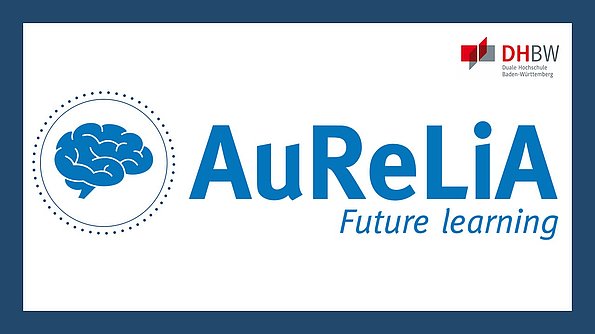
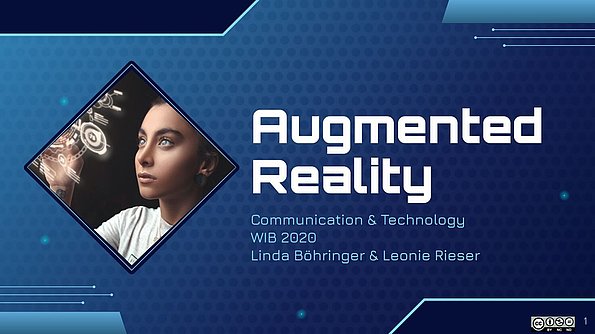
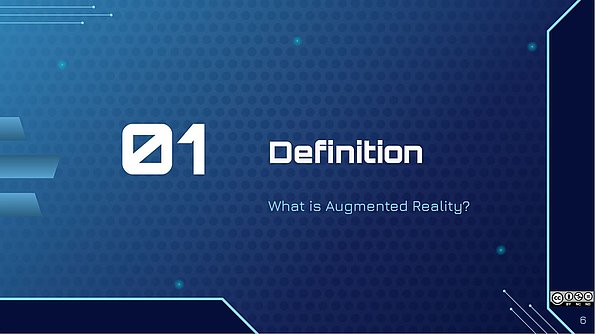
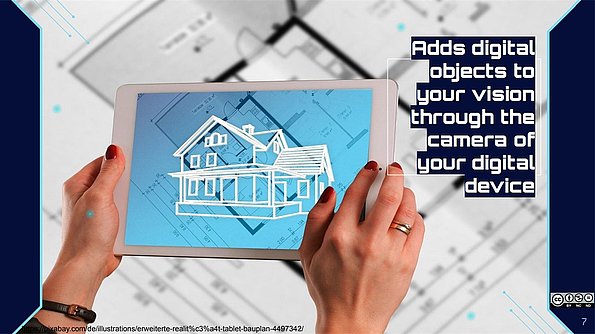
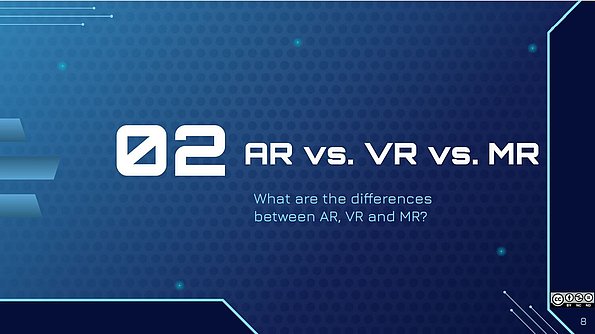
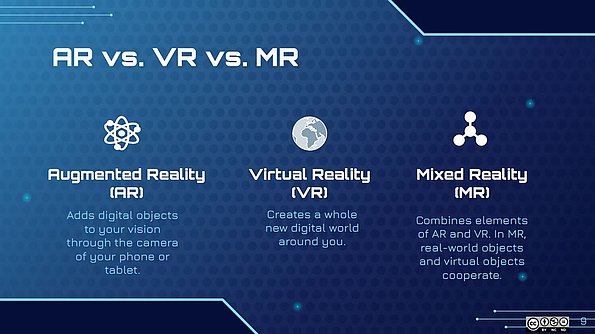
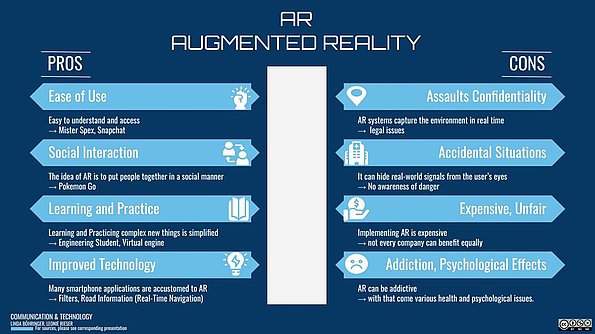
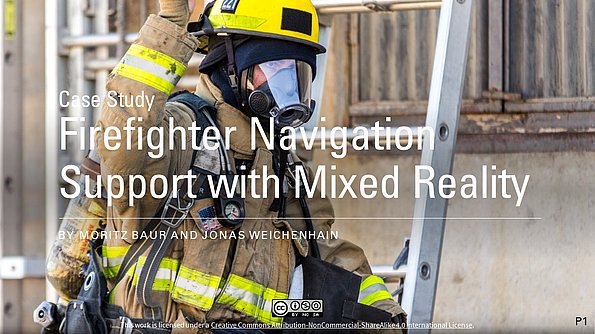
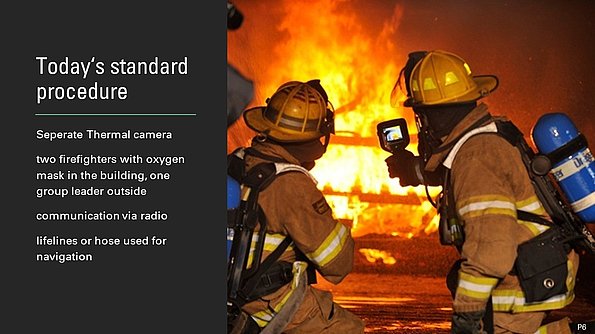
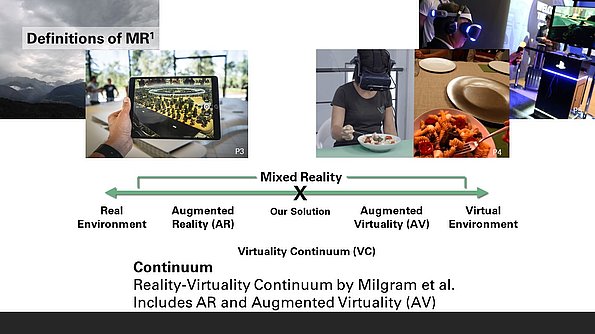
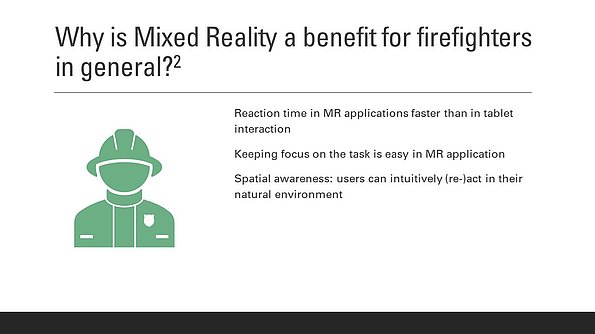
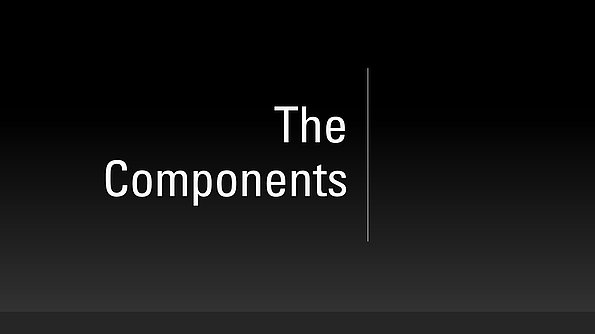
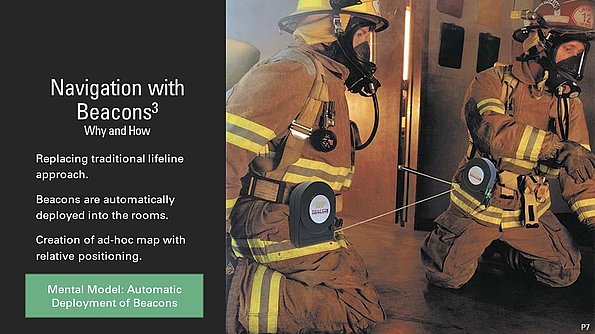
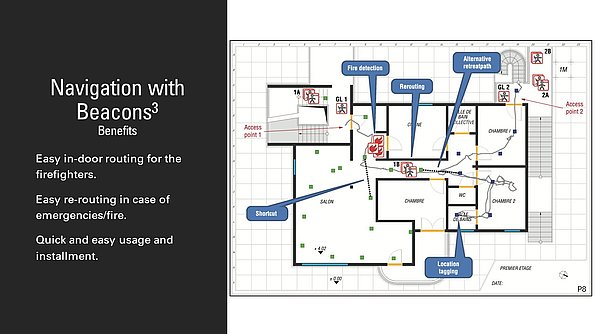
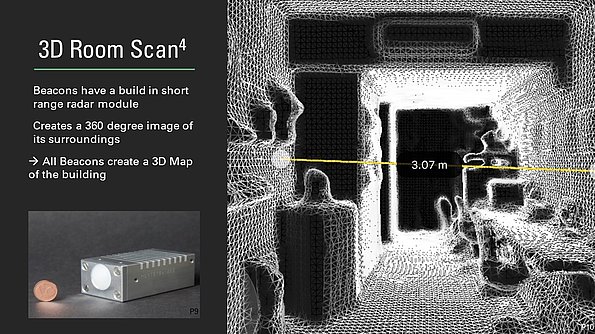
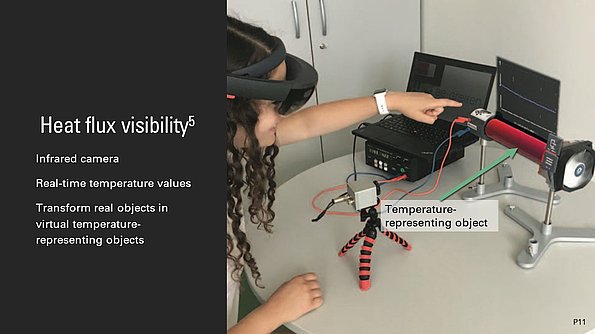
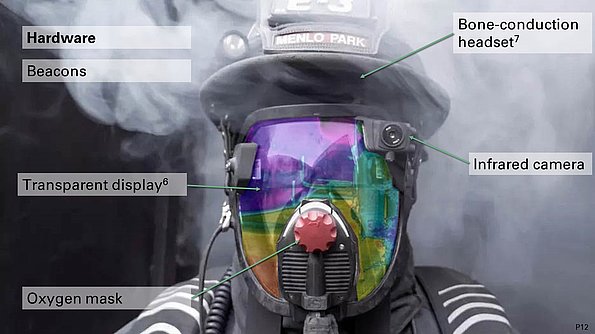
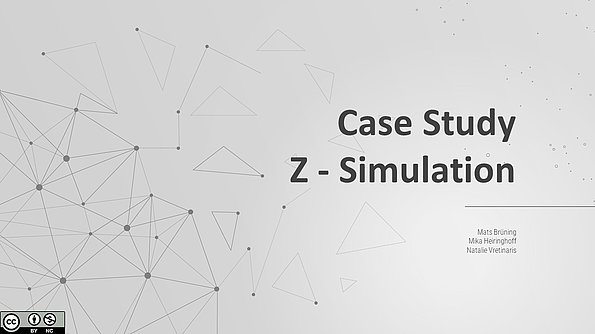
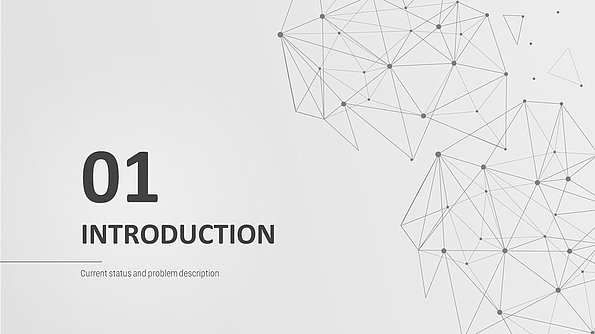
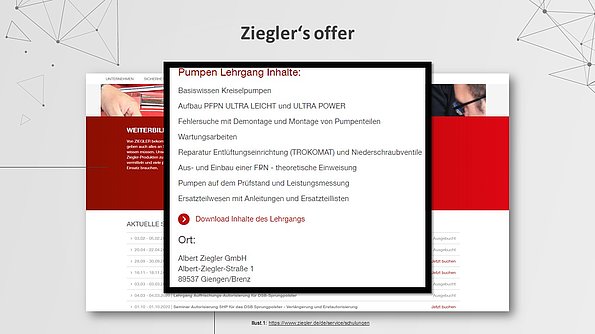
Infographics zu Virtual Reality (VR):
Infographics for Virtual Reality (VR):
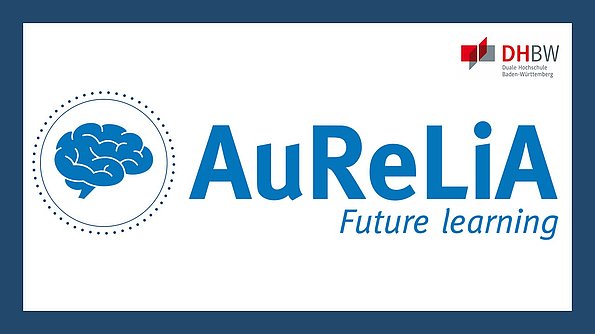
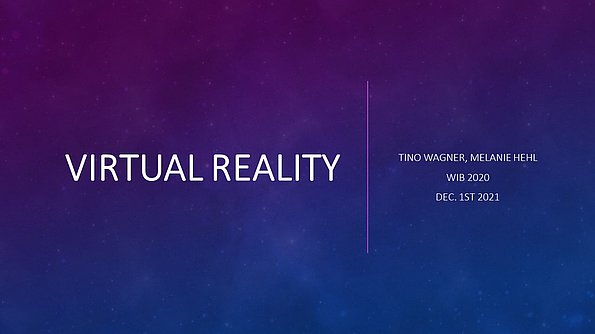
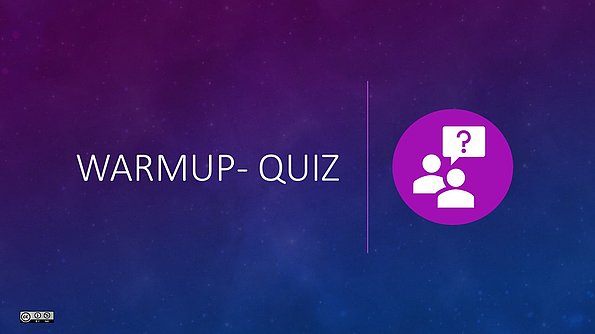
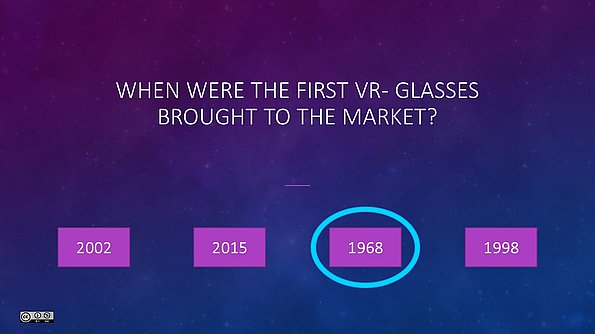
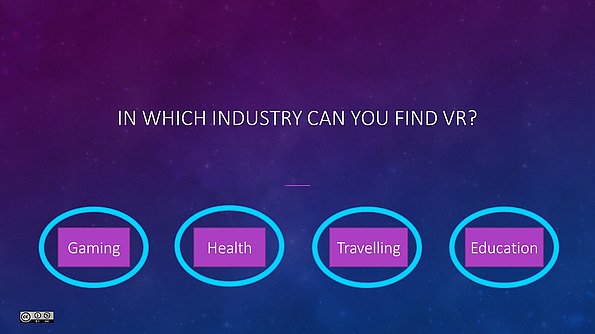
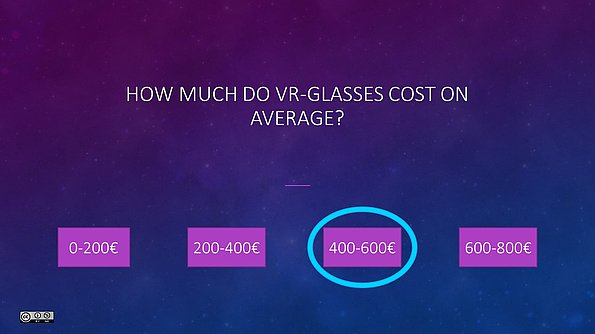
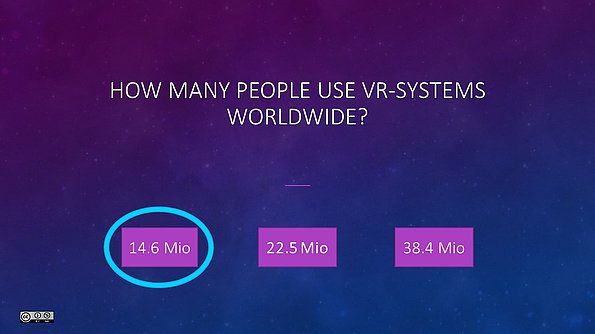
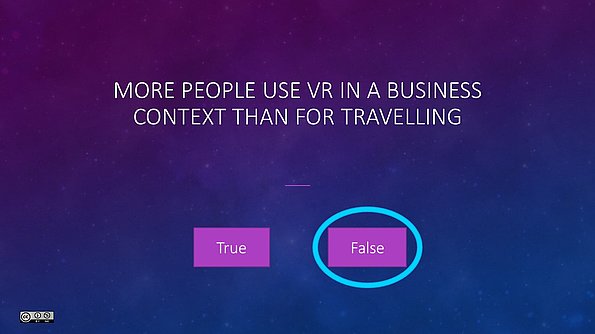
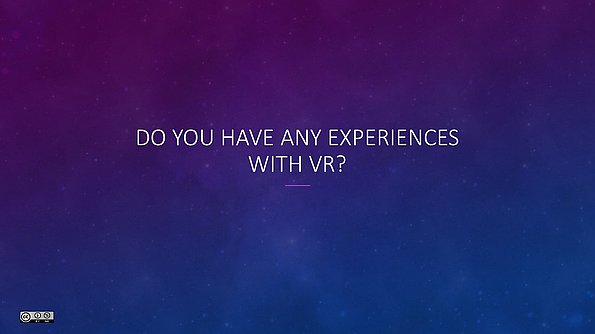
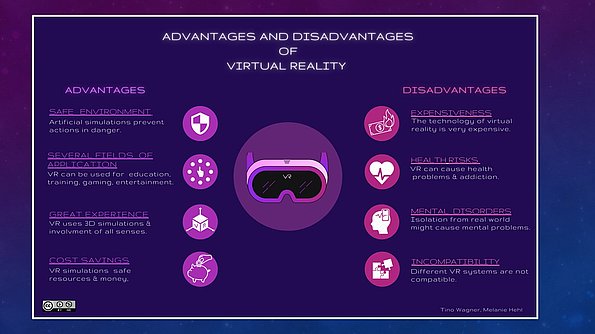
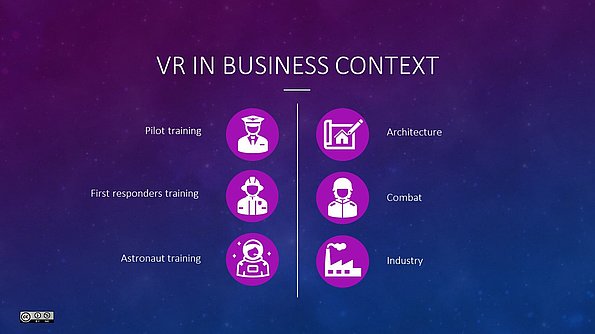
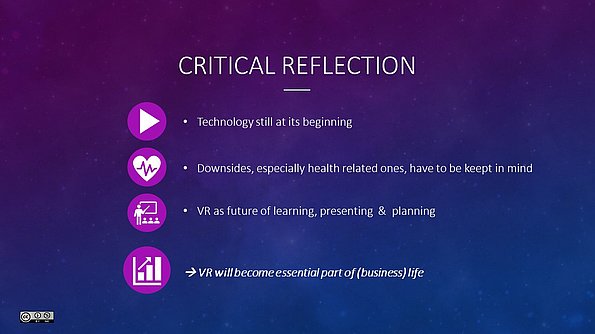
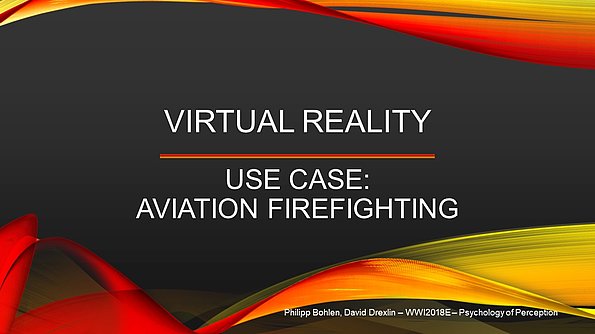
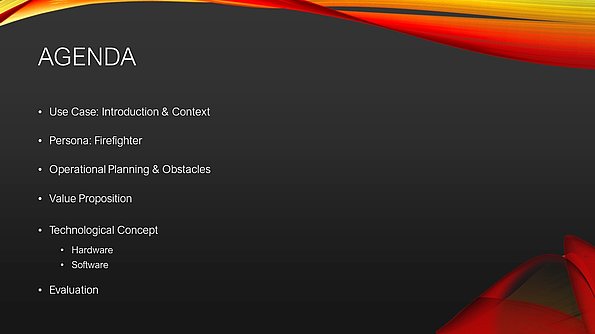
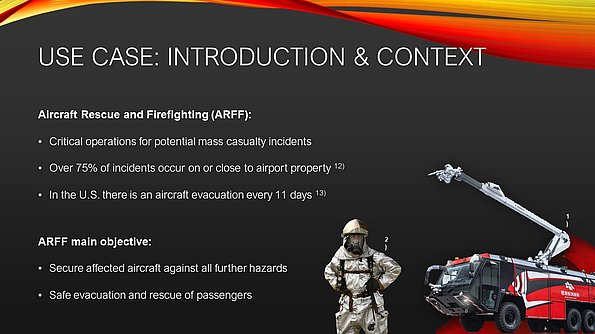
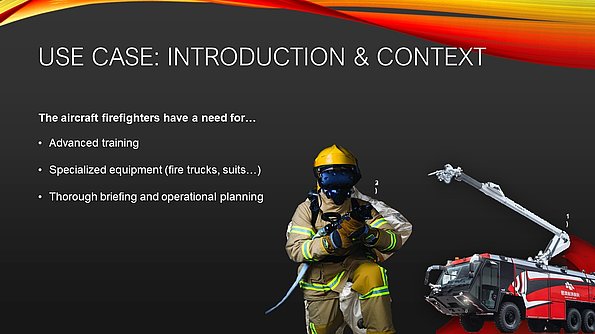
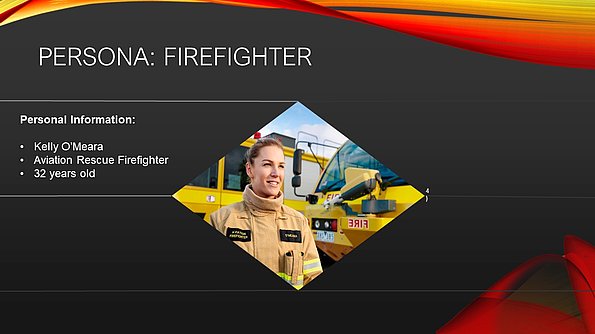
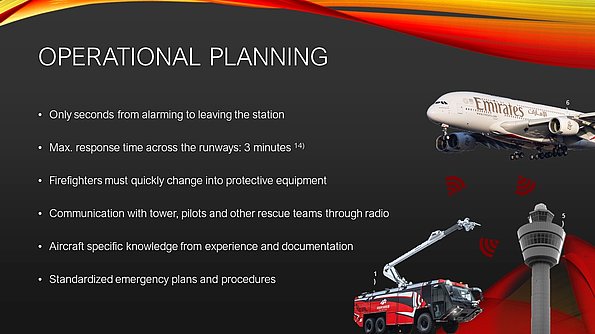
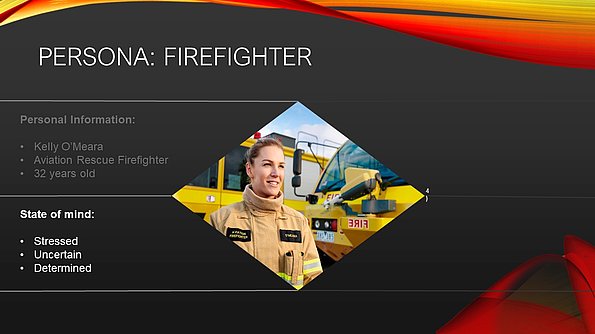
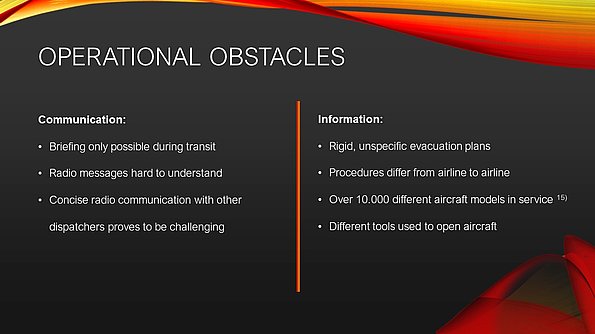
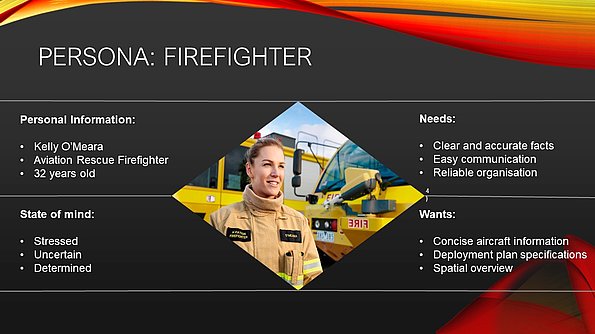
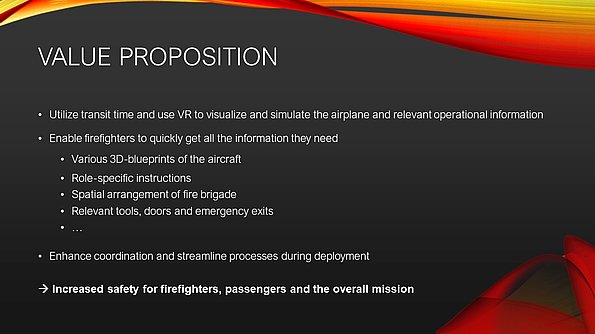
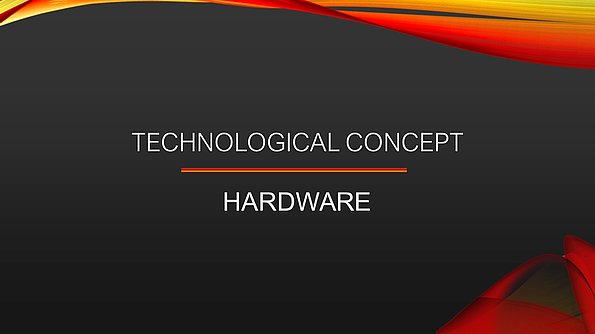
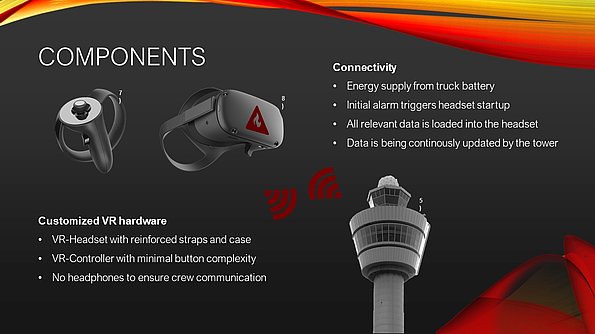
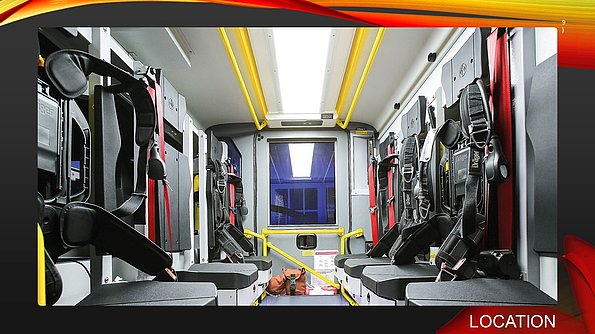
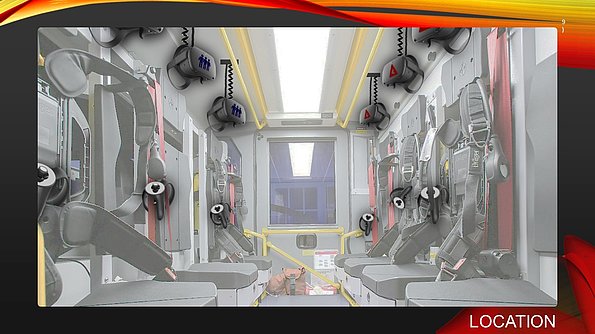
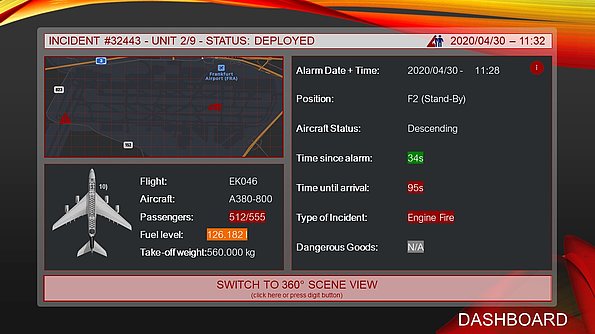
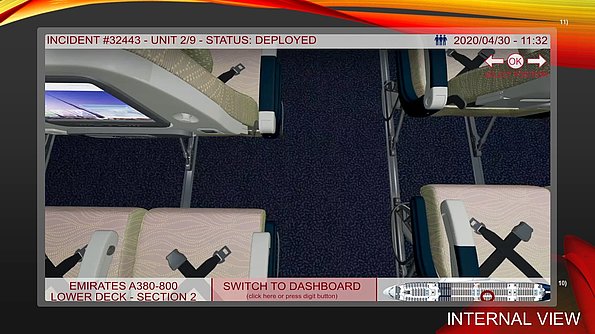
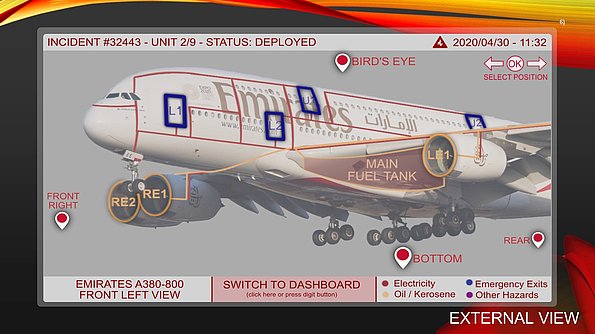
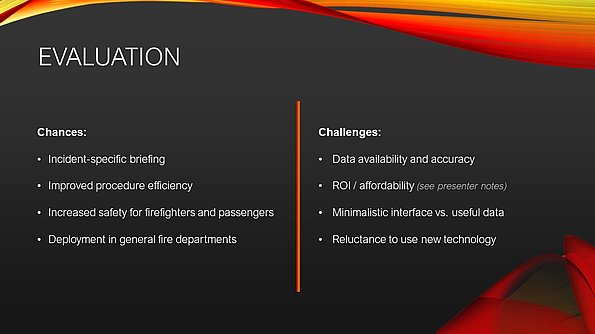
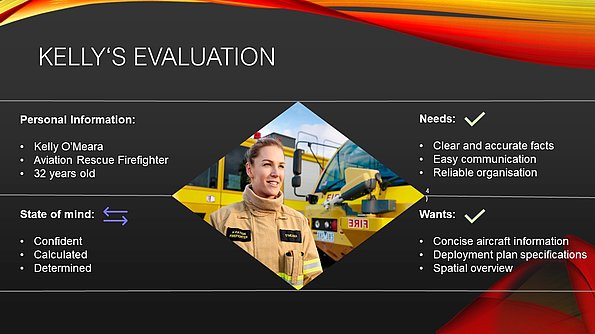
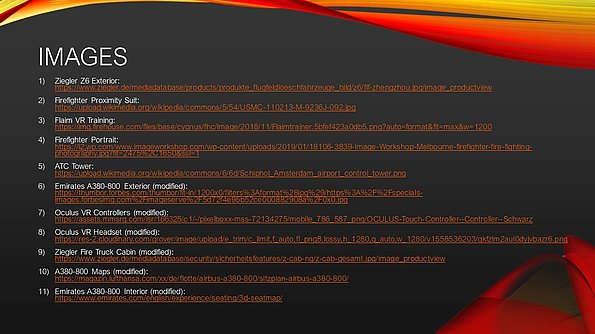
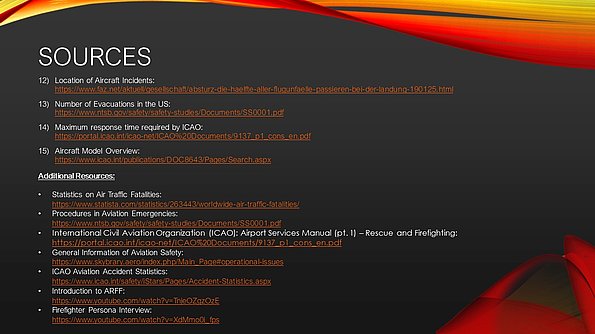
Professorin / Professoren | Professors
Mudau Phumudzo
Phumudzo Mudau is a passionate mining and environmental geologist with a Master's degree in her field. She has extensive expertise in the mining, environmental, and energy industries and has about ten years of experience. She is currently leading a project in Germany, supported by the Alexander von Humboldt Stiftung and German Chancellor Fellowship. Her project evaluates key factors in successfully implementing renewable energy initiatives, with a case study of Germany. She is collaborating with the AuReLiA lab and Professor Sabine Moebs at DHBW, Heidenheim. Her mission is to contribute to the transition towards a more sustainable energy future in South Africa by using her expertise and knowledge to support the successful implementation of renewable energy projects.
Amer Abdallah
Amer Alabdallah is currently pursuing a degree in Social Sciences at the University of Stuttgart and is in the process of writing his Bachelor's thesis. He also works as a Project assistant for the "FIRE-Network", where he is responsible for organizing workshops and events, writing reports, communicating with network partners, and other tasks related to the project assistance.
Duale Partner gesucht
Für Zusammenarbeit im Bereich AR, VR und XR
In AuReLiA suchen wir Duale Partner, die im Bereich AR, VR und XR arbeiten, diese Technologien nutzen oder in die Themen einsteigen möchten. Bei Interesse schicken Sie uns bitte Ihre Kontaktdaten und die Antwort zu der unten stehenden Frage.
Wir freuen uns auf Ihre Nachricht!
Herzlichen Dank und hoffentlich bis bald an der DHBW Heidenheim!
Searching for Partner Companies
For collaboration in the area of AR, VR und XR
In AuReLiA we are searching for partner companies, who work in the area of AR, VR, XR, use these technologies or are interested in getting to know more about these topics. If you are interested, please send us your contact information and the answer to the questions below.
We are looking forward to your message.
Thank you very much and hopefully see you soon at the DHBW Heidenheim!
mit * markierte Felder sind Pflichtfelder.
fields that are marked with a * are mandatory.
Kontaktieren Sie uns: | Contact Us:
Hanns-Voith-Campus 1, Raum A0.14, 89520 Heidenheim
- Telefon
- +49.7321.2722.294
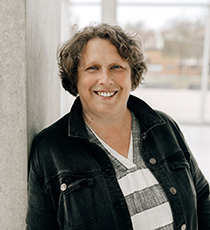
Marienstraße 20, Raum 104, 89518 Heidenheim
- Telefon
- +49.7321.2722.296
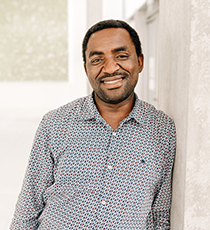
Twitter: @AureliaFuture
Instagram: @aurelia.dhbw
Kooperationspartner des AuReLiA-Labors
Cooperation Partners of the AuReLiA lab

